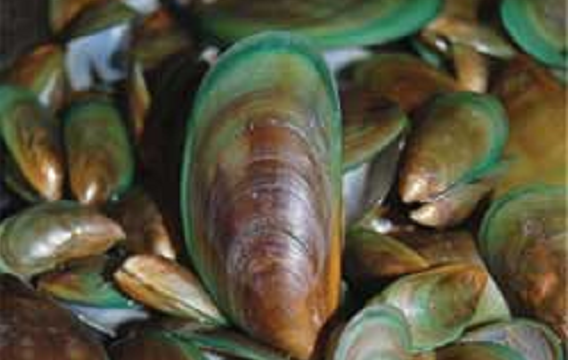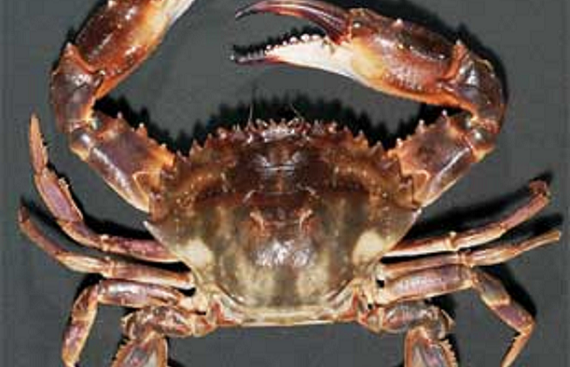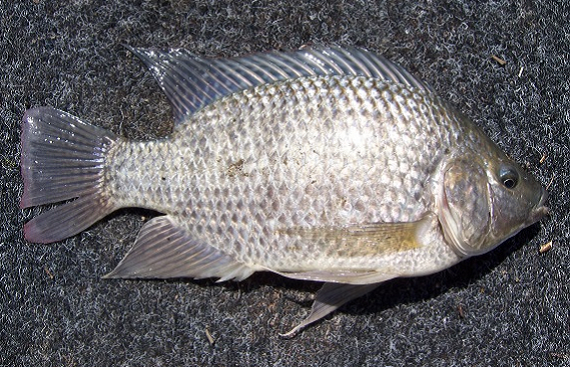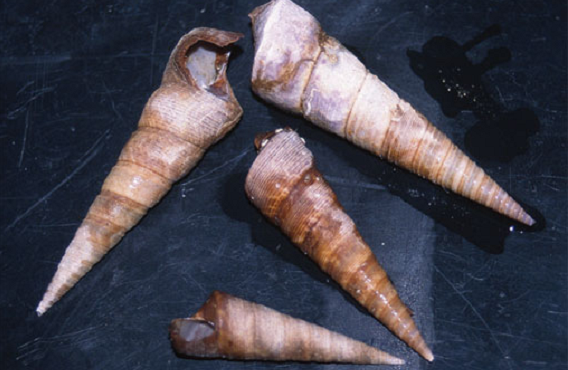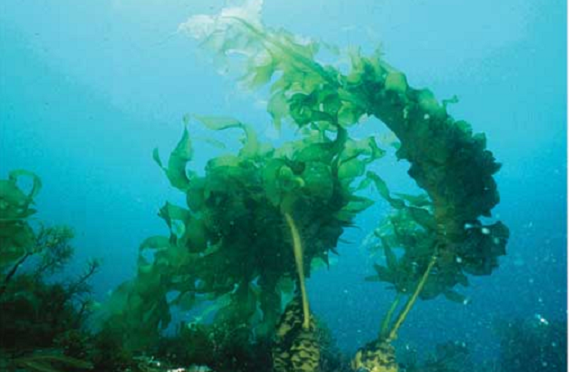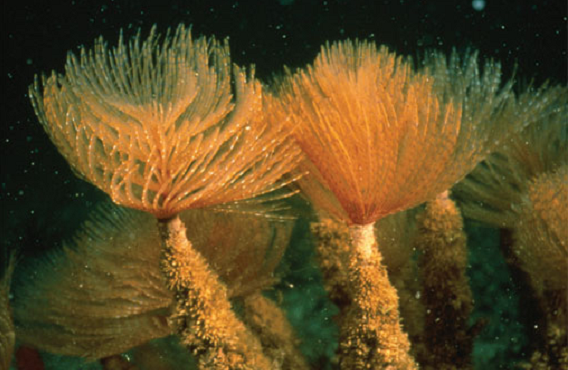How are marine pests introduced?
Marine pests have been introduced into Australian waters in various ways, including in ballast waters, attached to the hulls of international ships, or imported deliberately as aquarium or aquaculture species. An estimated 250 introduced marine species have been introduced into Australian waters in these ways.
What impacts do they have?
Marine pests can have severe ecological and economic impacts. For example, they can take over large areas of habitat to the detriment of native species. Some prey directly on native species or compete with them for food.
Pest species can also cause considerable economic damage. Infestations of marine pests can impact on marine industries, such as aquaculture, commercial and recreational fishing and boating, tourism and even international and domestic shipping. Some marine pests, such as toxic dinoflagellates, can threaten public health.
What can you do to help?
Members of the public, including fishers, divers and members of local environmental groups, are sometimes the first to notice a new introduced marine species or the fact that an existing pest has spread into a new area. This information can be very valuable in helping to manage pest problems.
If you suspect you have identified a marine pest please report it!
Recreational vessel owners can help reduce the risk of introduction and spread of marine pests and diseases by managing the biofouling on their boats. Regularly inspecting your vessel and equipment after each trip, maintaining anti-fouling coating on your vessel hull and keeping records of your biofouling management all help keep your boat and the marine environment safe from unwanted hitchhikers. See the DPI Biofouling Primefact for more on managing biofouling on your boat.
What is NSW DPI doing about marine pests
NSW DPI is involved in the implementation of the national MarinePestPlan 2019-2023 which aims to prevent the introduction and translocation of introduced marine species (by managing ballast water, biofouling and other vectors), strengthen the national marine pest surveillance system, provide a national emergency preparedness and response capacity for outbreaks, support national research and development and engage with marine pest stakeholders.
NSW DPI Chairs a multiagency and stakeholder working group that is tasked with providing input into NSW marine pest management actions and to provide a forum to discuss national marine pest policy issues. This group discusses national policy issues and coordinates NSW responses to marine pest or suspect marine pest detections.
NSW DPI also has an extensive advisory program to raise awareness of marine pests including how to identify marine pests and how to help prevent their spread. For more information see links below to marine pest publications:
Marine biosecurity awareness survey
Aquatic pests and diseases pose a significant threat to the benefits we derive from the NSW Marine Estate and are a key stressor on our marine environment. Vessel movement is the key vector for transporting non-native marine invasive species throughout Australia and globally, with biofouling posing one of the most significant threats to these marine environments and ecosystems. Biofouling is the accumulation of organisms, plants, algae and other marine life on submerged surfaces.
The Project
NSW DPI has been working with Charles Sturt University (CSU) on a Marine Estate Management Strategy 2018-2028 (MEMS) funded project. The project involves the development of social research to identify the drivers, benefits and barriers to managing biofouling on small-med sized recreational vessels that stay moored or berthed in NSW waters (or while vessels are in NSW waters if transient). The outcomes of this social research will be used to develop a communications and behaviour change program, to increase awareness of marine pests, knowledge of reporting details, and attempt to reduce marine pest risk posed in biofouling on these vessels.
A state-wide survey has been developed to gather information on what vessel owners think about the management of marine fouling organisms on these recreational vessels, and the risk of spread of marine pests and diseases in biofouling across the marine estate of NSW.
This information will then to be used to prepare recommendations for an advisory and educational campaign to the marine estate community, to help reduce the risk of spread of marine pests and diseases.
This project is funded by the NSW Government under the Marine Estate Management Strategy. The ten-year Strategy was developed by the NSW Marine Estate Management Authority to coordinate the management of the marine estate.
How you can get involved
A state-wide survey has been completed, to collect information on how NSW vessel owners use and maintain their vessels. Based on this information, NSW DPI is now working on a range of communication tools on how we can all work to address biosecurity and what we can do together to reduce the risk of spreading marine pests and diseases in NSW.
Related Information
Partners
Charles Sturt University
